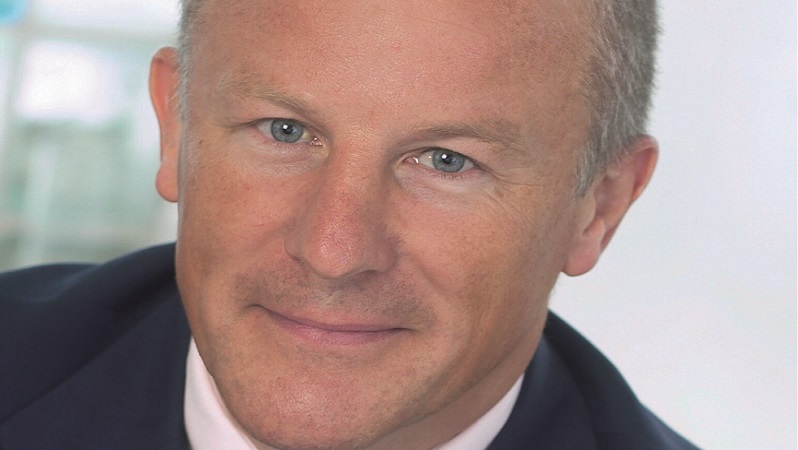The board of the Woodford Patient Capital Trust has failed to stem steady losses in the £540.1m closed-ended fund as it issues its first statement since the suspension of the Equity Income fund exactly one week ago.
Shares in the investment trust fell 5.35% on Monday morning to 68.2p. It was 76.5p a week ago.
In a regulatory filing, the board said the operational performance of portfolio companies was not impacted by the suspension of Woodford Equity Income. It said it was pleased with the operational progress of businesses held by the trust.
Chairwoman Susan Searle said: “The board is closely monitoring the situation and is engaging with its shareholders and advisers. Separately, the board is in regular dialogue with the portfolio manager. The board wishes to emphasise the long-term approach of the company and will continue to keep shareholders updated as necessary.”
‘Deafening silence’
The response from the board was overdue, according to Tilney managing director Jason Hollands.
“The silence from the board until now had been deafening so they needed to say something given the widening of the discount,” Hollands said. “It is noticeable that while the board have made a positive comment on the operational performance of the companies in the portfolio, they’ve stopped short of an unequivocal statement of confidence in the manager.”
Shares tumbled because of what was left unsaid, according to Interactive Investor head of personal finance Moira O’Neill. “But don’t read too much from one announcement,” she added.
Other factors could have also played into the falling share price, said Willis Owen head of personal investing Adrian Lowcock.
“Woodford (pictured) was all over the news at the weekend, some professional investors are now shorting his investments in anticipation of a fire sale and markets are being cautious,” Lowcock said.
“There is a tendency for markets to over react to events and price in worst case scenarios especially in the absence of any news. This would mean the shares are worth buying, just that they cannot calculate the risks accurately.”
Hollands likewise said the discount would narrow either when the dust settles on negative news flow or when opportunistic investors start to pile in.











